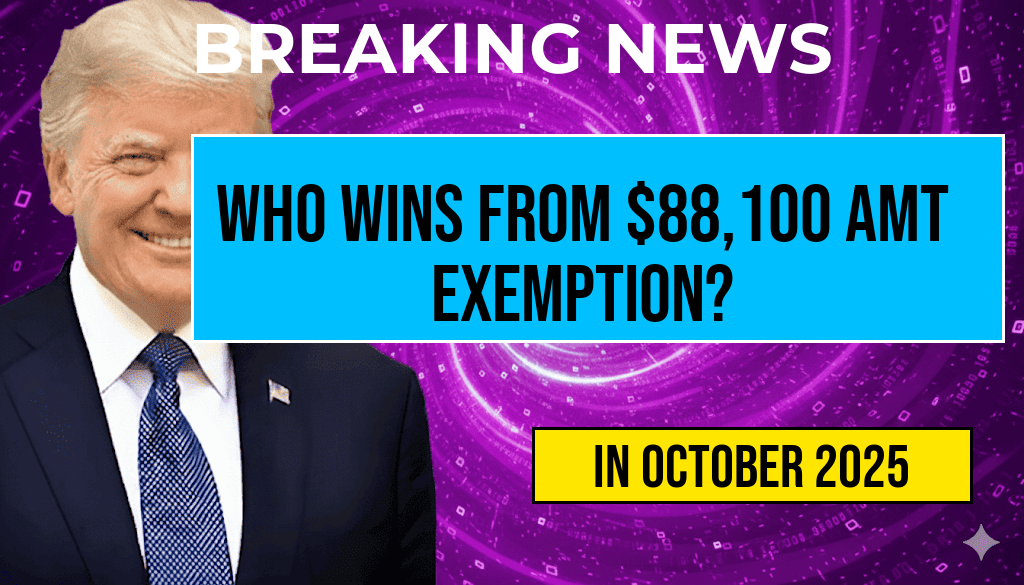The federal estate tax exemption has experienced a significant increase, rising from $135,000 to an unprecedented $13,990,000 per individual for the 2023 tax year. This dramatic adjustment dramatically alters the landscape of estate planning, offering substantial relief for high-net-worth individuals and their heirs. The substantial boost in exemption amounts means that many estates that previously faced potential federal estate taxes may now pass to beneficiaries largely untaxed, reducing the need for complex estate planning strategies and associated costs. This change reflects ongoing adjustments for inflation and federal policy shifts, aiming to ease the tax burden on middle- and upper-middle-class families while maintaining revenue from larger estates. The increased exemption levels are expected to influence estate planning decisions, gifting strategies, and the overall approach to wealth transfer within affluent communities, with significant implications for estate attorneys and financial advisors alike.
Understanding the New Estate Exemption Thresholds
What Has Changed?
- The estate exemption amount has surged from $135,000 in previous years to $13,990,000 for 2023.
- This increase effectively exempts estates valued below this threshold from federal estate taxes.
- For married couples, the exemption can be combined, allowing a total exemption of up to $27,980,000 when proper planning is implemented.
Implications for Estate Planning
With the exemption rising to nearly 14 million dollars, many estates that would have previously been subject to federal estate taxes are now protected. This shift reduces the need for complex tax-avoidance structures such as irrevocable trusts or gifting strategies for those with estates below the exemption level. However, estate planners advise that high-net-worth families still consider various factors, including state estate taxes, which may have different thresholds, and the potential for future legislative changes.
The Impact on Heirs and Wealth Transfer Strategies
Tax Benefits for Beneficiaries
The primary beneficiaries of the increased exemption are heirs who stand to inherit wealth free of federal estate taxes. For estates below the new threshold, there is no federal tax liability, simplifying the transfer process and potentially reducing legal and administrative costs. This change encourages more families to pass down assets without the need for intricate planning to minimize estate taxes.
Gifting and Wealth Preservation
The elevated exemption amount also encourages strategic gifting during the lifetime of the estate owner. Under current law, individuals can gift up to the exemption limit annually without incurring gift taxes. Larger lifetime gifts can now be made without triggering federal tax obligations, allowing families to efficiently transfer wealth and reduce the size of taxable estates.
State-Level Considerations
| State | Estate Tax Exemption | Notes |
|---|---|---|
| New York | $6.11 million | Separate state estate tax applies |
| Massachusetts | $1 million | Lower threshold than federal |
| Florida | No state estate tax | Relies solely on federal exemption |
Legislative Context and Future Outlook
Policy Drivers Behind the Increase
The exemption adjustment aligns with inflation adjustments mandated by law, but also reflects broader policy aims to streamline estate transfer processes and reduce tax burdens on families. The increase was part of the broader Inflation Reduction Act, which included provisions to adjust various tax thresholds for inflation. Critics argue that such high exemption amounts favor the ultra-wealthy, potentially reducing federal revenue, while proponents highlight the importance of preserving family wealth across generations.
Potential for Legislative Changes
Legislators have periodically revisited estate tax policies, and future changes remain possible. Discussions around capping or reducing exemptions, implementing new surtaxes, or altering the estate tax rate continue in policy circles. Estate owners are encouraged to consult with financial and legal advisors to adapt their estate plans proactively in response to evolving laws.
Resources and Further Reading
- Wikipedia: Estate tax in the United States
- Forbes: How the Inflation Reduction Act Impacts Estate Planning
- IRS: Estate Tax
Frequently Asked Questions
What is the new estate exclusion amount?
The estate exclusion amount has increased from $135,000 to $13,990,000, allowing for larger estates to be transferred to heirs without incurring federal estate taxes.
How does the increased estate exclusion benefit heirs?
The increased estate exclusion significantly reduces the likelihood of federal estate taxes being applied, enabling heirs to inherit larger amounts tax-free and preserving more of the estate’s value.
When does the estate exclusion increase take effect?
The higher estate exclusion is effective starting with estates of individuals who pass away in 2023 and beyond, providing immediate benefits for recent and future estate planning strategies.
Are there any limitations or considerations with the increased exclusion?
Yes, the estate exclusion applies to federal estate taxes, but state laws may vary. Additionally, proper estate planning is recommended to maximize benefits and address other potential tax implications.
Who should consider updating their estate plan due to this change?
Individuals with estates approaching or exceeding the previous $135,000 threshold should consult with estate planning professionals to update their plans and take full advantage of the increased exclusion amount.








